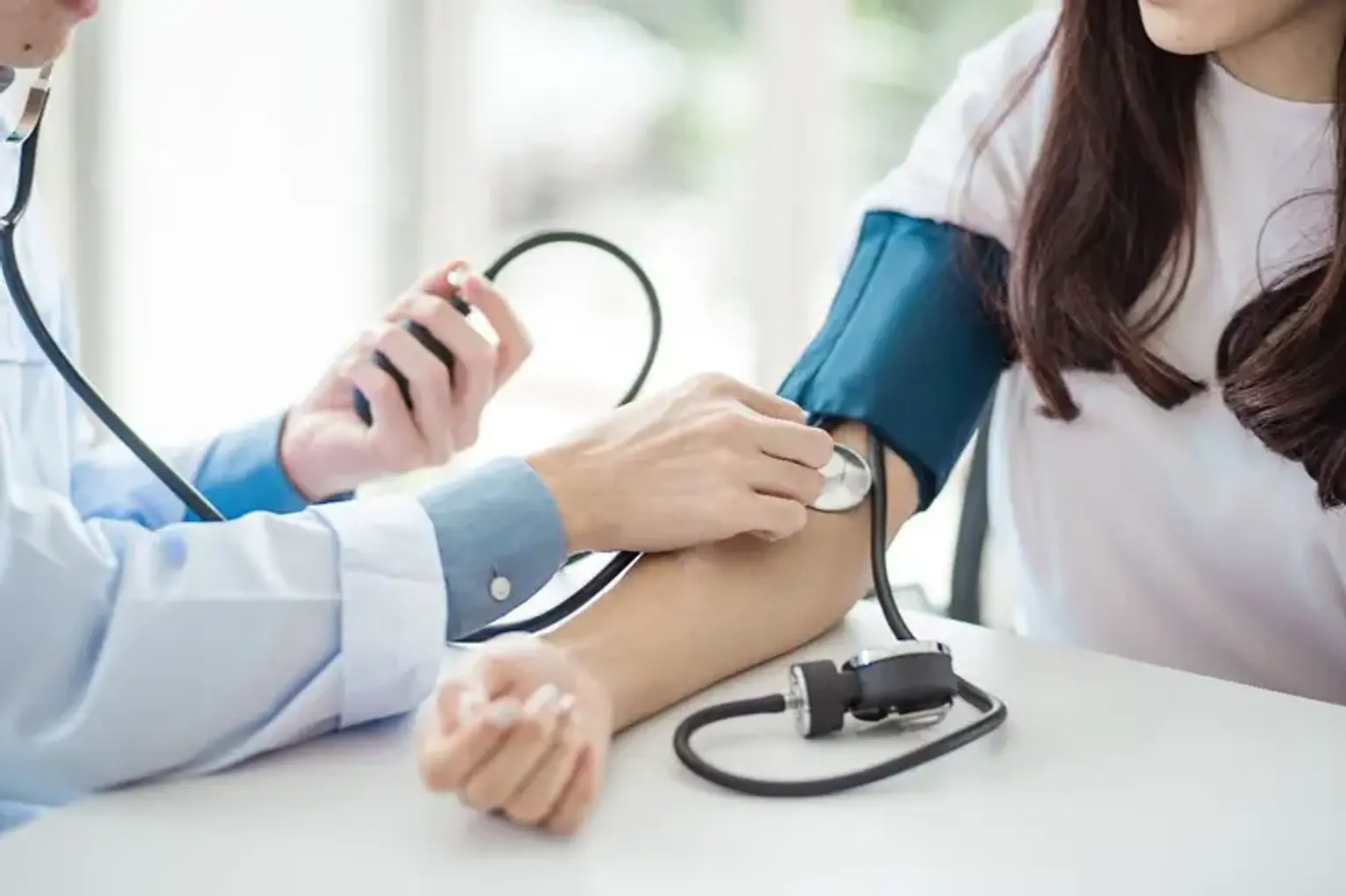High blood pressure
Overview
Half of all Americans have high blood pressure, also known as hypertension, and many are unaware of their condition. High blood pressure occurs when blood flows at higher-than-normal pressures through your arteries. Blood pressure is measured in two parts: systolic and diastolic. The pressure created by the ventricles as they pump blood out of the heart is known as systolic pressure. Diastolic pressure is the pressure in the heart between beats when it is filling with blood.
Your blood pressure fluctuates throughout the day as a result of your activities. A normal blood pressure for most adults is less than 120/80 mm Hg, which is written as your systolic pressure reading over your diastolic pressure reading — 120/80 mm Hg. When you have consistent systolic readings of 130 mm Hg or higher or diastolic readings of 80 mm Hg or higher, your blood pressure is considered high.
